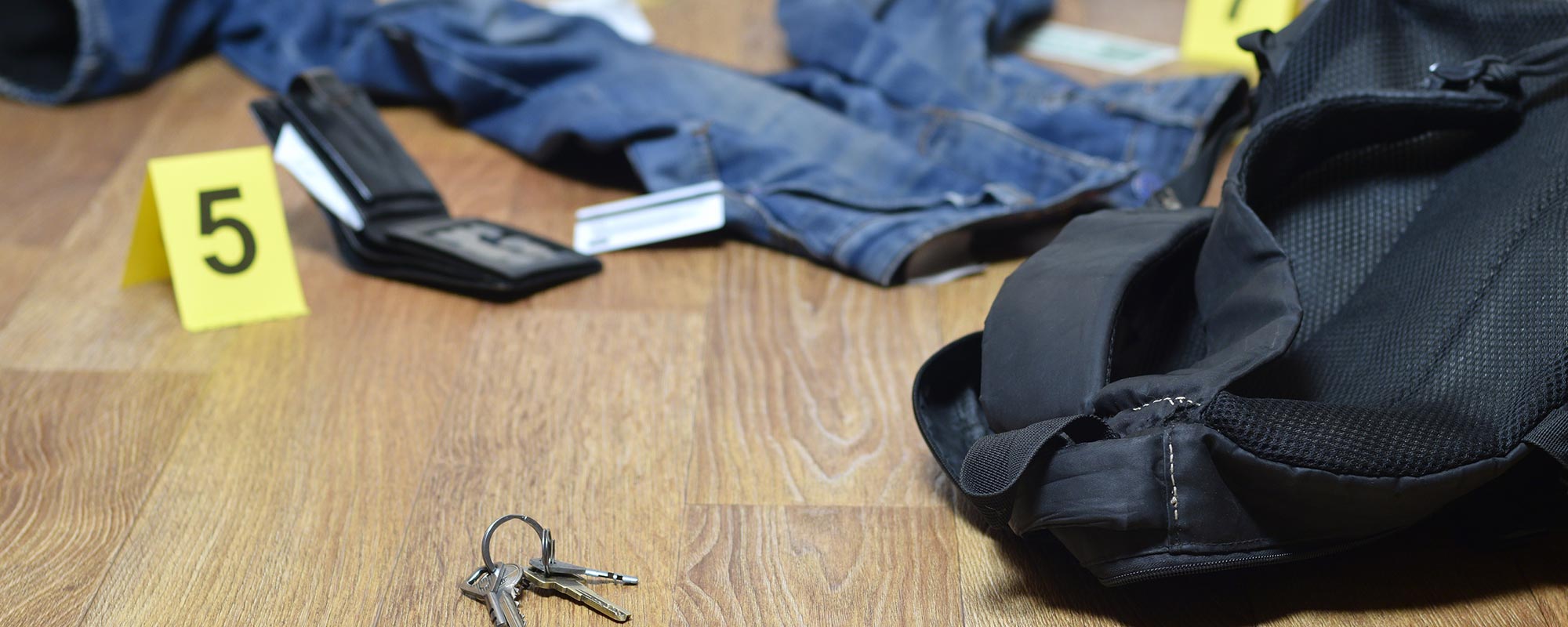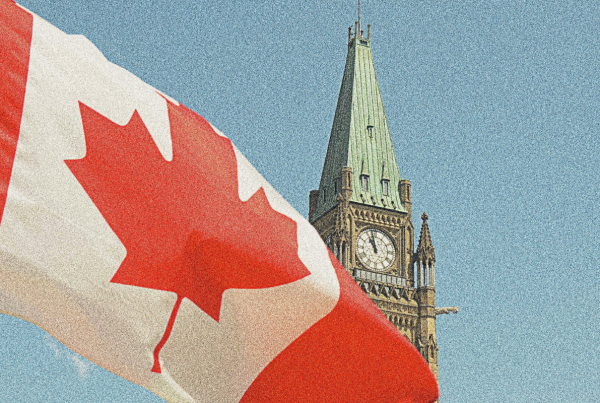Police leaders are violating the civil liberties of their own ranks and perpetuating a culture of fear and prohibition when they place what comes close to a blanket ban on cannabis use by off duty police. If they can drink beer on their week off, let ‘em light up their spliff. It just may be that we’ll all be better off.
Let’s put things into perspective. It’s been seven weeks since Canada (sort of) legalized cannabis – and so far as I can tell, the sky hasn’t fallen. Generally, Canadians seem to be taking legalization in stride. Granted, it’s early days and my sample size is both small and biased. Real evidence comes from years of study, not anecdotes. But, for what it’s worth, I haven’t seen a rash of people showing up impaired to CCLA offices or my university classes. In my walks through downtown Toronto, where smoking and vaping is legal in most public places, October 17th came and went without a noticeable increase in public haze. We don’t know yet how it’s affecting this gigantic mass of land that is Canada. But so far, Hell has not arisen.
Many employers’ initial preparation for legalization, however, took place in a context of fear and paranoia, which led to some pretty questionable workplace policies. And at the top of the ‘questionable policy’ list are some of Canada’s biggest police services, which you might have hoped would take a more rational approach to employee cannabis consumption given that they will frequently be on the front lines of understanding and enforcing the new laws.
Several police services are taking the ‘you need to come to work fit for duty’ approach. But if you work for the Toronto Police Service, the RCMP, or Calgary Police, the workplace cannabis policies impose what amounts to a complete ban on officers ever consuming legal, recreational pot. The RCMP policy and the TPS interim policy prohibit officers from consuming pot 28 days prior to being on active duty, while in Calgary the police service opted for an outright prohibition.
Obviously we don’t want impaired police officers patrolling our streets. A cautious approach is one thing. But some of these decisions fall more on the side of reefer-madness than evidence-based policy making. Health Canada advises that the acute effects of cannabis generally start within 30 minutes (inhalation) and 3-4 hours (edibles). Acute effects last between 2 and 4 hours, with the outer limit being 24 hours. It’s hard to see how you jump from the science on impairment to a 28 day, or longer, prohibition.
But even more to the point, workplace impairment can be caused by any number of perfectly legal, everyday substances and activities. Allergy pills. A teething baby. Muscle relaxants. Your buddy’s 40th birthday party. Divorce. The release of the newest, most binge-worthy Netflix series. The list is endless.
In general we accept that actions taken in employees’ time off can have an impact on workplace performance, and we trust employees to be reasonably able to do their jobs when they show up – or take a personal day if they’re not up to it. So why are some police services focusing on cannabis as the one and only legal substance that merits its very own workplace abstinence policy? Tom Stamatakis, the head of the Canadian Police Association, is right when he calls this an “offensive approach” that effectively says, “we don’t trust police officers to make the right decision when it comes to reporting for work fit for duty.”
From a civil liberties perspective, workplace policies that unjustifiably reach into the private lives of employees should be a concern to us all.
But we should also pay attention to the implications of these abstinence policies for police enforcement of our criminal law.
How are the officers on the front lines of our justice system supposed to exercise their informed, professional discretion about when to criminally charge a person for a cannabis-related offence if they are surrounded by a workplace culture that still reflects irrational fears, prohibition, and punishment?
There are plenty of crimes still associated with the consumption, possession, and distribution of cannabis. And a whole bunch of new enforcement dollars being channeled to police services to go along with our new legal cannabis regime.
Impaired driving, organized crime, and youth have now become the primary targets of our criminal cannabis laws. Our new cannabis criminal laws lay a legal minefield for ordinary Canadians – how will these new crimes be enforced? And what will be the policing response to our newly focused concern on keeping cannabis out of the hands of youth? Are we going to see reinvigorated law enforcement efforts targeting teenagers as well? Will we be increasingly criminalizing youth in the name of protecting the children? It is a risk that we need to be alert to. And one that we can help forestall by having rational, evidence-based conversations about appropriate societal responses to cannabis use.
We can only hope that some of those conversations are happening inside police services right now.
About the Canadian Civil Liberties Association
The CCLA is an independent, non-profit organization with supporters from across the country. Founded in 1964, the CCLA is a national human rights organization committed to defending the rights, dignity, safety, and freedoms of all people in Canada.
For the Media
For further comments, please contact us at media@ccla.org.





